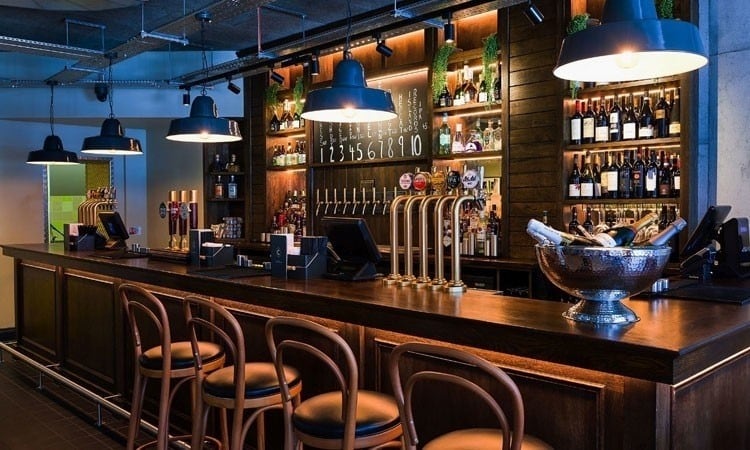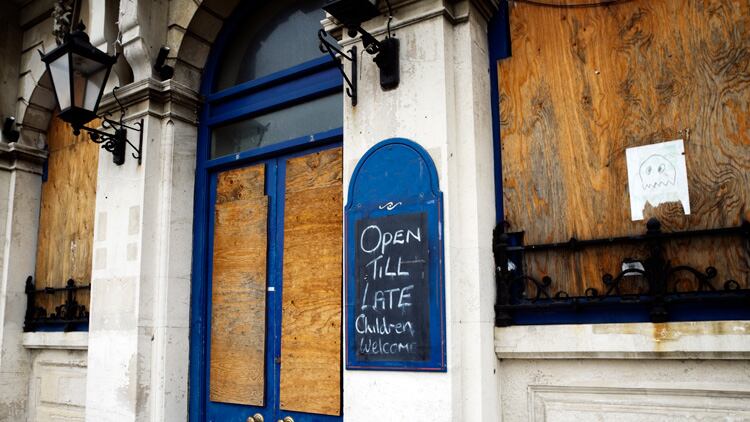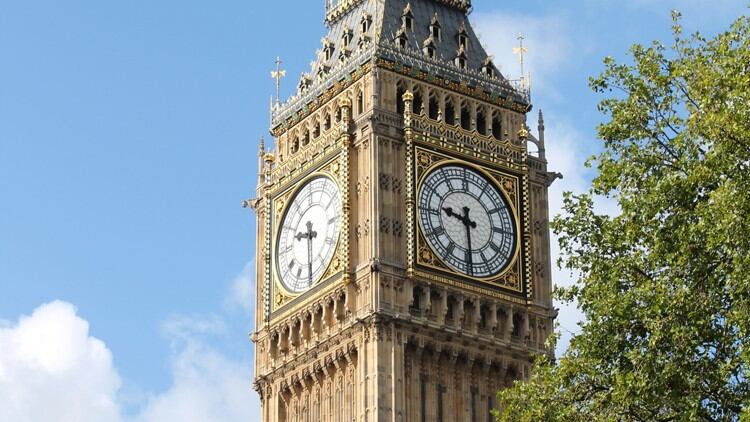In a letter to Kwasi Kwarteng, representatives from across the hospitality industry have called for urgent clarity on the energy cap for businesses and wider support and a long-term plan to secure the future of the sector and save businesses and jobs across the UK.
Trade bodies including UKHospitality, the British Beer & Pub Association (BBPA), the British Institute of Innkeeping (BII), the Campaign for Real Ale, the Society of Independent Brewers (SIBA), Hospitality Ulster, the Independent Family Brewers of Britain (IFBB) and Pub is the Hub have all signed the latter, warning that business owners are making decisions now about whether they can survive the winter and simply cannot wait any longer to understand whether they should sign new contracts or not.
The Government is set to deliver a mini-budget this Friday (23 September), which will include details of Prime Minister Liz Truss's plan to support businesses struggling with soaring energy costs.
Truss announced earlier this month that businesses are to get a six-month support package to reduce their energy bills and also hinted that hospitality would, as a 'vulnerable' sector, receive further support beyond that initial period.
In their letter the trade associations also urged the Government to think beyond the next six months, noting that ‘whilst the energy cap will be a critical lifeline and stem the situation over the next six months, more is needed to ensure businesses can head into winter knowing they have the chance to not only survive but thrive again’.
“An energy price guarantee for business will provide some short-term relief for businesses on the brink of closure, but more support is needed, as well as a plan beyond the next six months,” the industry leaders said in a joint statement.
“The initial announcement helped businesses breathe an initial sigh of relief, but most are still in the dark as to how the guarantee might help them.
“Our industry is one of only a few that supports jobs and livelihoods in every single part of the UK, and we have the potential to deliver growth in every single community we serve, but we’re being held back.”
The bodies called on the Chancellor to bring forward measures to support the industry now including a reduction on VAT on all food and drink sales across hospitality, and a cancellation of business rates for the remainder of this fiscal year for all hospitality businesses regardless of size.
In addition, they stated that the regulatory burden placed on the sector needed to be eased, noting how upcoming Alcohol Duty and business rates reform had the potential to further reduce taxes on an already fragile sector.
Night time businesses face 'financial cliff edge'
The letter from the trade bodies comes as The Night Time Industries Association (NTIA), which represents some 1,400 independent bars, clubs and live music venues across the UK, warns that three quarters of late night businesses are facing a 'financial cliff edge'.
A flash survey of more than 300 night time economy businesses conducted between 16 - 18 September found that near half of respondents (47.7%) are barely breaking even, with a further 24.8% saying they are losing money.
More than 80% of businesses surveyed (80.6%) have seen footfall decrease, while 82% report a decrease in revenue in the last three months of trading.
Under current operating cost levels, 40.6% of businesses surveyed said they would not last more than three months.
“Time is quickly running out, with hundreds of businesses already unable to hold on, making irreversible decisions about their future, with thousands of jobs lost or at risk,” says Michael Kill, CEO of the NTIA.
“We have now reached such a crisis point that only immediate and large-scale interventions can save huge parts of the sector, with substantial cuts to VAT, an extension of business rates relief and a meaningful energy price freeze.
“On Friday we need a concise and detailed plan from the Government on how they will support businesses through this crisis, nothing less than this is acceptable.”




